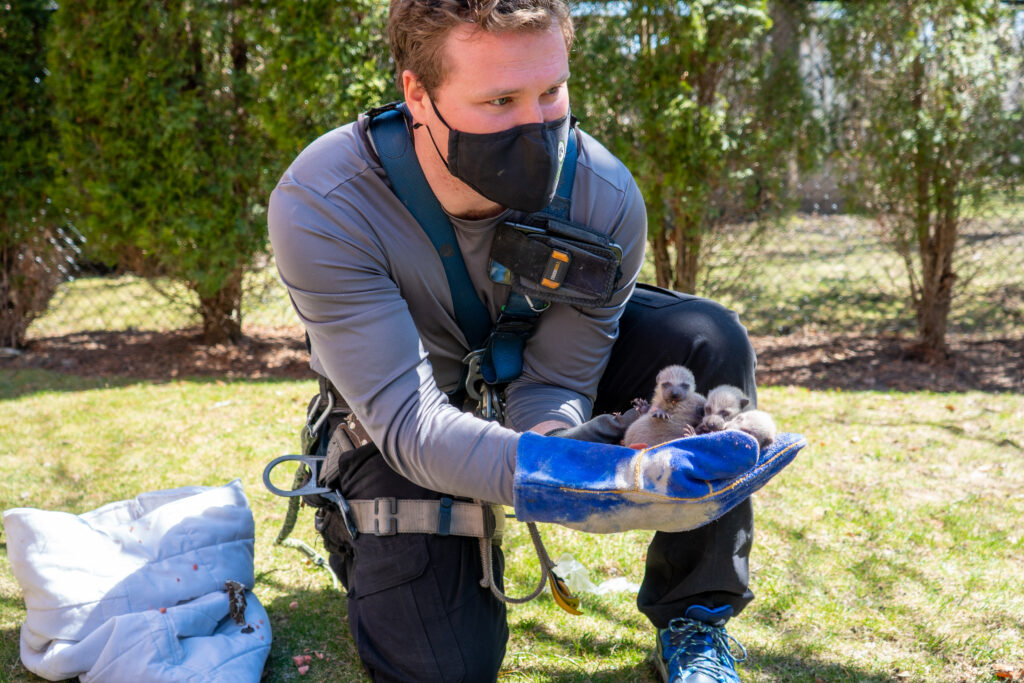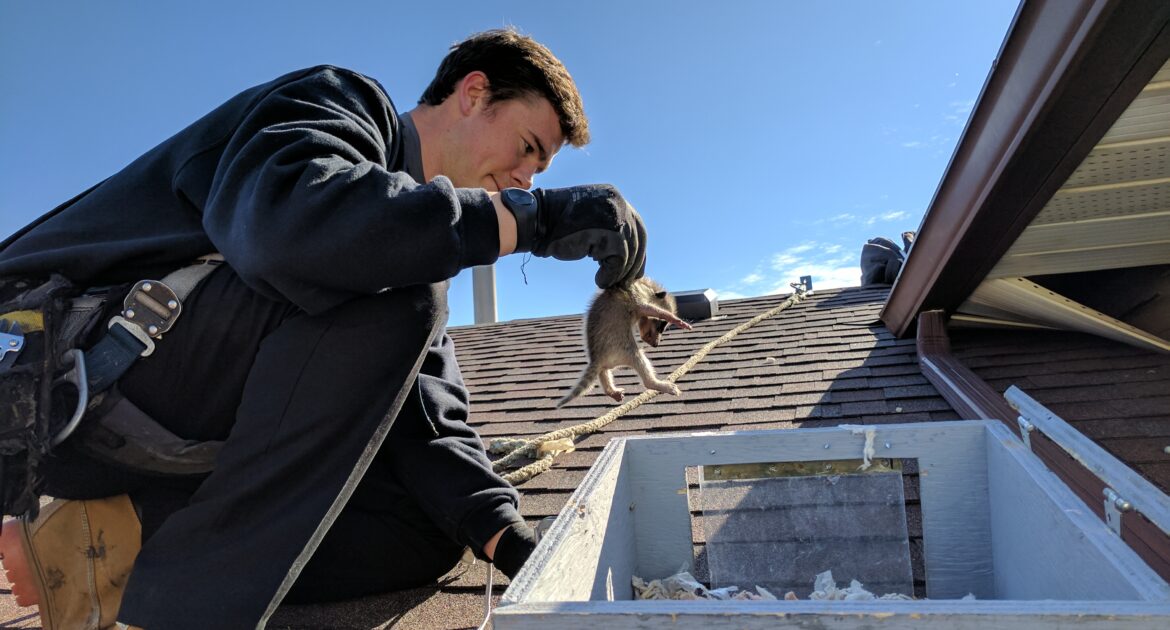Raccoons on your property can be a nuisance. Humane raccoon removal in Milwaukee is necessary for your sake and the raccoons’ sake. It would make sense for you to wonder whether you need raccoons around at all. In fact, raccoons have an important role to play in the ecosystem, and they benefit humans as well.
Here are some good things that raccoons do and reasons why they should be protected to the extent possible.
1. Raccoons Serve as Both Predators and Prey
Raccoons are small-to-medium-sized creatures. Larger predators, such as wolves, coyotes, hawks, or owls, depend on raccoons as a significant part of their diet. If not for raccoons, these animals might not have enough to eat.
Raccoons are omnivores, meaning that they eat both plants and animals. By hunting animals such as rats, snakes, toads, frogs, and lizards, raccoons help keep populations of these animals under control. While you don’t want raccoons on your property because of the damage they can do and the diseases they carry, having them in the neighborhood could be a deterrent to pests such as mice and rats. These rodents are smart enough not to hang around where they know their predators are present.
2. Raccoons Distribute Seeds
Raccoons love to eat nuts and berries but can’t always digest them entirely. The seeds often pass unharmed through their digestive systems and out of their bodies with their excrement. Seeds that pass this way often germinate and grow where the raccoons deposit them. Raccoons help to diversify the ecosystem by distributing seeds.
3. They Eat Dead Carcasses
While raccoons may do some hunting, they more often scavenge for dead animals. These carcasses harbor bacteria that could be dangerous to humans. By disposing of the carrion, raccoons help keep the environment clean and healthy.
There are natural processes that eventually break down dead animal carcasses. However, this can take a long time. In an urban environment, the decomposition may take even longer than normal, which can also pose a public health risk. Raccoons dispose of carrion more quickly.

4. They Protect Bees
Bees are among the most important pollinators in the world, helping not only native plants to grow but food crops as well. Among the many threats to their population that bees currently face is predation by wasps. Not only do the wasps kill the bees, but they also take over their colonies. One of the raccoons’ favorite food is wasp larvae. By helping to keep the wasps’ population under control, raccoons protect bees.
5. They Help Revitalize the Soil
To find some of their favorite foods, including insects, grubs, and worms, raccoons have to dig into the soil. This can be inconvenient for you as a homeowner because raccoons on your property may leave behind a lot of little holes in your nice, manicured lawn.
Generally speaking, however, raccoons digging holes can help with plant recruitment, which is the process by which old plants are replaced with new ones. When raccoons dig holes in the soil, it helps to promote decomposition of old plant material, which in turn adds new nutrients to the soil.
6. They Help Maintain a Natural Balance
Raccoons are at the center of a complex food web that connects both aquatic and terrestrial animals. If something were to happen to break the connection, the other animals would suffer. Predators wouldn’t have enough to eat, and prey animals would be competing with each other for resources.
Call Skedaddle for Raccoon Removal in Milwaukee
While it can be beneficial to have raccoons in the vicinity, raccoons on your property are reasons to ask yourself, “Where can I find wildlife control services near me?” At Skedaddle, we understand the important role that raccoons play in the ecosystem. We remove animals humanely so they can return to their true habitat and continue to play their vital ecological role. Learn more about our services.



